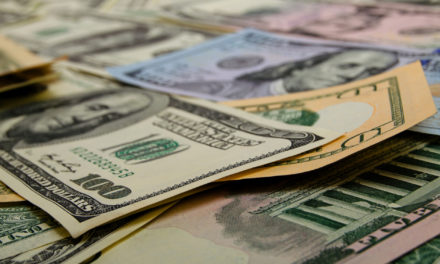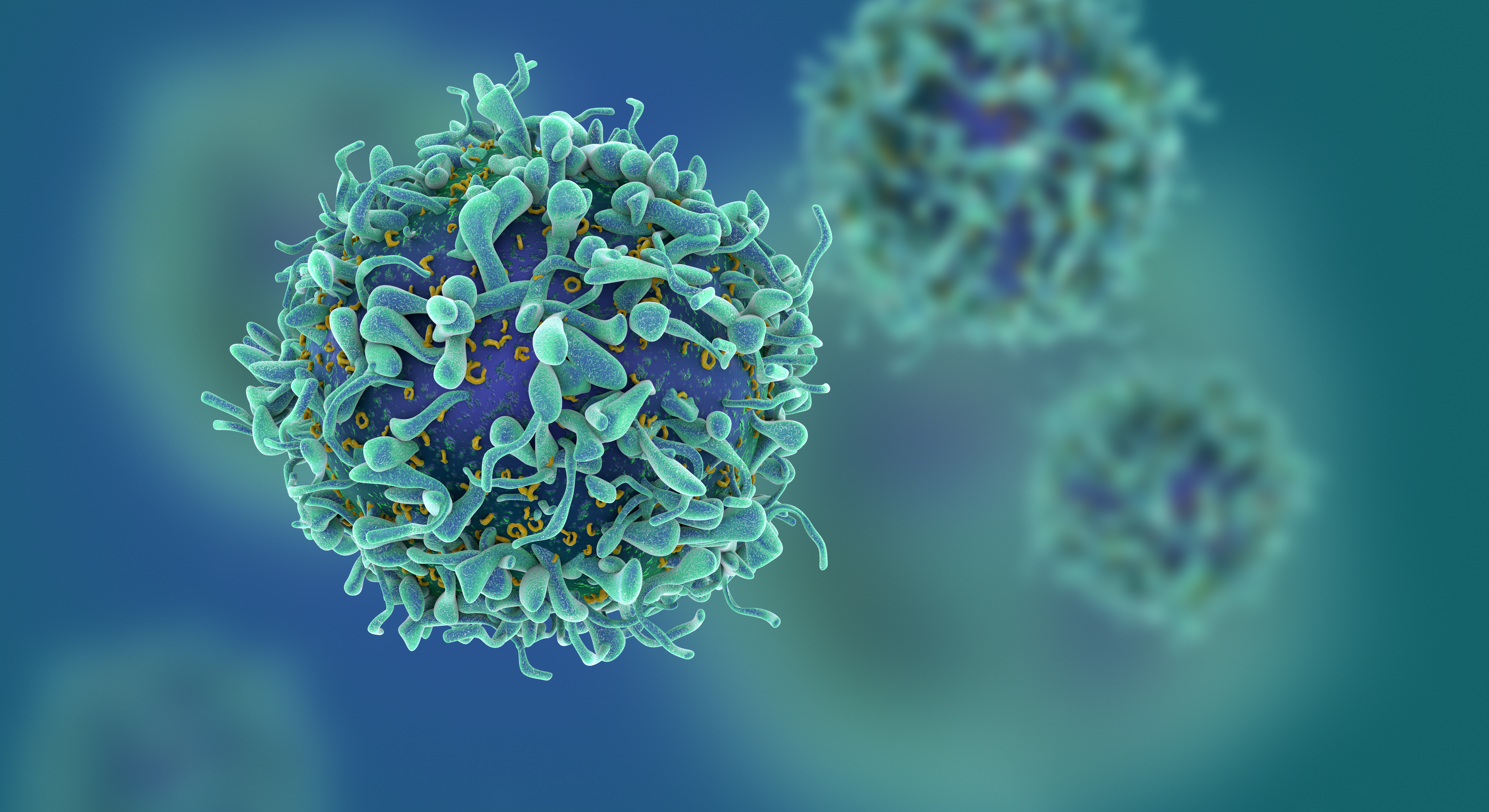
“Only buy something that you’d be perfectly happy to hold if the market shut down for 10 years.”
— Warren Buffett
The investment philosophy practiced by Warren Buffett calls for investors to take a long-term horizon when making an investment, such as a ten year holding period (or even longer), and reconsider making the investment in the first place if unable to envision holding the stock for at least five years. Today, we look at how such a long-term strategy would have done for investors in JPMorgan Chase & Co (NYSE: JPM) back in 2009, holding through to today.
| Start date: | 10/22/2009 |
|
|||
| End date: | 10/21/2019 | ||||
| Start price/share: | $45.71 | ||||
| End price/share: | $123.55 | ||||
| Starting shares: | 218.77 | ||||
| Ending shares: | 278.27 | ||||
| Dividends reinvested/share: | $16.41 | ||||
| Total return: | 243.80% | ||||
| Average annual return: | 13.14% | ||||
| Starting investment: | $10,000.00 | ||||
| Ending investment: | $34,380.22 | ||||
As shown above, the ten year investment result worked out quite well, with an annualized rate of return of 13.14%. This would have turned a $10K investment made 10 years ago into $34,380.22 today (as of 10/21/2019). On a total return basis, that’s a result of 243.80% (something to think about: how might JPM shares perform over the next 10 years?). [These numbers were computed with the Dividend Channel DRIP Returns Calculator.]
Always an important consideration with a dividend-paying company is: should we reinvest our dividends?Over the past 10 years, JPMorgan Chase & Co has paid $16.41/share in dividends. For the above analysis, we assume that the investor reinvests dividends into new shares of stock (for the above calculations, the reinvestment is performed using closing price on ex-div date for that dividend).
Based upon the most recent annualized dividend rate of 3.6/share, we calculate that JPM has a current yield of approximately 2.91%. Another interesting datapoint we can examine is ‘yield on cost’ — in other words, we can express the current annualized dividend of 3.6 against the original $45.71/share purchase price. This works out to a yield on cost of 6.37%.
One more investment quote to leave you with:
“A lot of people with high IQs are terrible investors because they’ve got terrible temperaments. You need to keep raw, irrational emotion under control.” — Charlie Munger




